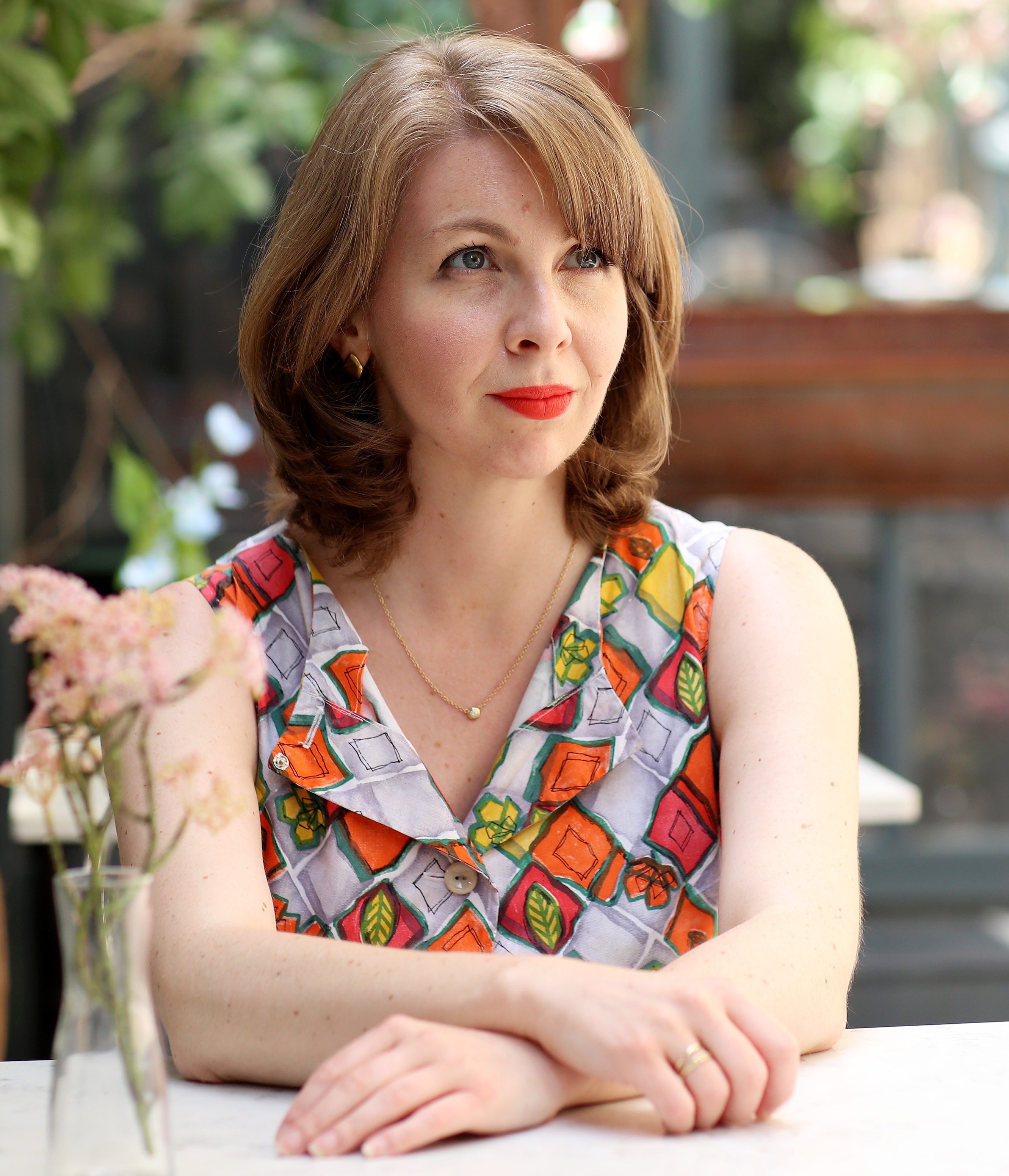The Oxford don who turned his hand to making English rum: ‘It’s like drinking liquid Christmas pudding’
Ten years ago an Oxbridge scientist turned his considerable brainpower to distilling proper Caribbean rum in the heart of Cambridgeshire. Emma Hughes tells his story.

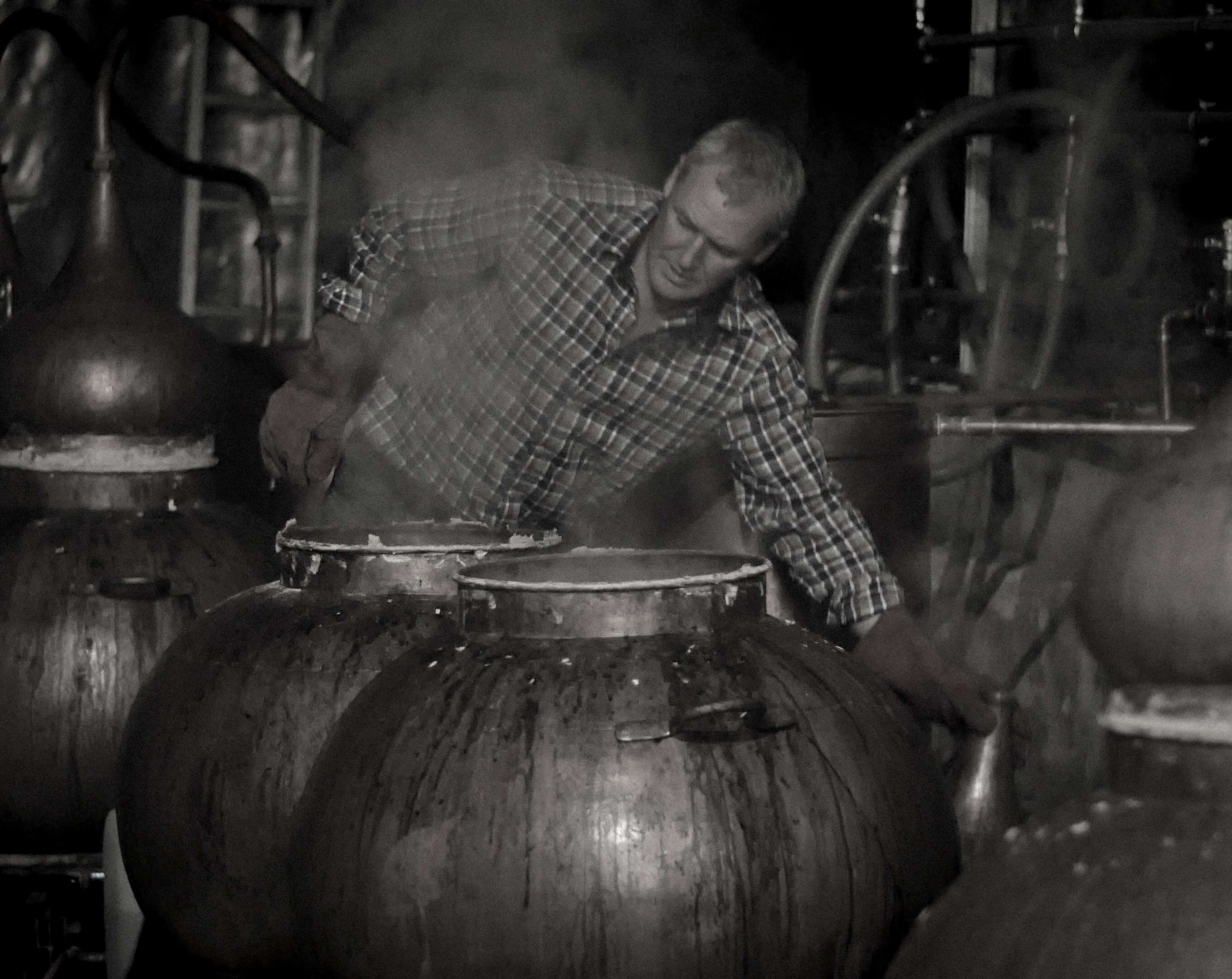
If Ian Fleming’s Q had decided to go into the spirits business, he might have approached it a bit like Dr John Walters.
‘I was listening to Radio 4 and they were going on about the joys of eaux de vie, spirits made from distilling wild-fruit wine,’ the former Oxford biochemist explains.
‘At the end, the presenter said “Of course, you can’t do this in the UK — it’s illegal.” I thought, that sounds like rubbish.’
It was 2009 and Dr Walters, who had just sold his business, was looking for a new outlet for his scientific knowhow. Having confirmed that it was indeed perfectly legal to own a still of up to four litres (just under a gallon) for personal use, he built himself one in a shed. Then, using the grapes growing up his house in Dullingham, Cambridgeshire, he made cognac.
The results were so impressive that, eventually, he decided to go full-time.
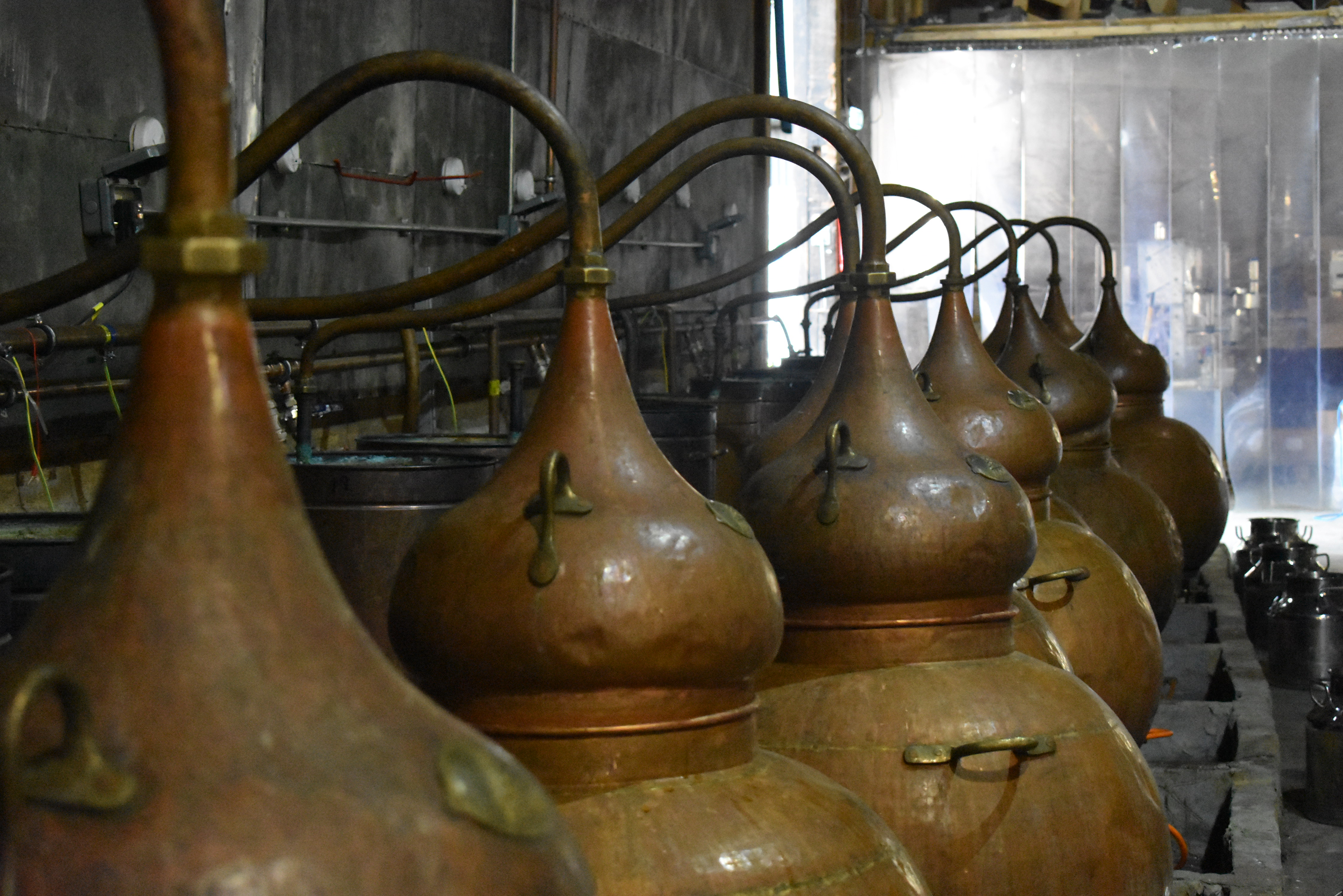
Having filled out all the relevant paperwork and expanded his operation, Dr Walters found his new venture, English Spirit, ‘knocking out about 120 bottles a week, which was actually quite hard work’.
His small team started making vodka and gin from East Anglian sugarbeet, but, at that stage, there weren’t that many vodka and gin drinkers. ‘We needed to broaden the portfolio and I suddenly thought why is nobody doing rum?’
Exquisite houses, the beauty of Nature, and how to get the most from your life, straight to your inbox.
The spirit had struggled to shake off connotations of provincial nightclubs and package holidays, but Dr Walters knew it could be something special. ‘If you make it from proper sugarcane molasses, as it was historically, the flavours are spectacular. It’s like drinking liquid Christmas pudding.’
The path to the bottling of England’s first commercially-produced rum, however, was less than sweet in parts. Unlike gin, which is fairly straightforward to distill, rum is demanding and fiddly.
‘The molasses was actually a real b****r to ferment,’ Dr Walters admits.
‘The yeast didn’t like it, it was very acidic, took a long time to generate alcohol and the amount of alcohol produced was quite low. It’s a really sticky, gooey, messy, awful job.’
However, all the expense and difficulty was worth it in the end: Old Salt, a golden rum, has a caramel nose, notes of cocoa powder and sponge pudding on the palate and a finish that’s been described as ‘a rich concoction of treacle tart and vanilla ice cream’.
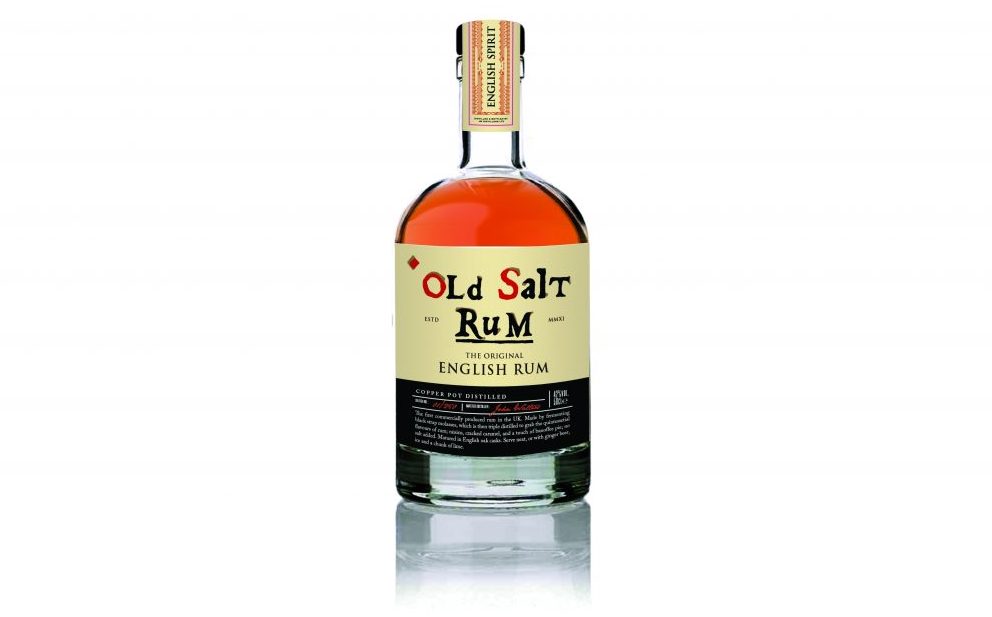
‘It was named after the site we were on, the old salt depot at Dullingham — it had been a site for holding road grit,’ confides Dr Walters. ‘No romance at all!’
Its launch coincided with a growing awareness that spirits weren’t only for mixing and a groundswell of appreciation for the work of artisan distilleries: in 2014, Old Salt was named the world’s best rum at the Hong Kong Rum Festival.
Next up was English Spiced Rum. ‘Spiced rums were often a traditional way of polishing up rubbish spirits by adding flavours to mask the defects, but ours is Old Salt embellished with cherries, hibiscus and vanilla.’
To celebrate English Spirit acquiring Treguddick Manor in Cornwall (which the company now runs as a Poldark-ish spirit school), he launched St Piran’s, a white rum — the kind drinkers are most inclined to turn their noses up at.
‘Most people think white rums should be buried in a large Coca-Cola,’ admits Dr Walters. His, made with water from a borehole at Treguddick, is distilled four times to refine the flavours.
‘You’re chipping away at rough spots and, depending how you distill, you can bend the flavour profile any way you like. It ends up with these gorgeous, citrusy notes bombing through a caramel base. Because it’s clear, you just don’t expect those kinds of depths of flavour.’ For this reason, he recommends people drink it with their eyes closed.
Today, English Spirit has three sites (the third, at Great Yeldham in Essex, is home to 20 copper stills, as well as the Walters family) and, last year, the company produced more than a million bottles.
Although rum is still at the heart of the business, Dr Walters has experimented with everything from chilli chocolate to cucumbers, but there’s one ingredient he won’t be touching again.
‘There was a time we were trying to make parsnips into brandy,’ he remembers. ‘I don’t know if you’ve ever tried to press them, but it’s a bit like pressing a cork: down goes the press, out comes the juice, up goes the press, back in goes the juice. When you’ve got a ton of parsnips in front of you doing that — well, it was a bit of a tragedy watching that unfold one day. You’re better off roasting them.’
English Spirit, Great Yeldham, Essex – www.englishspirit.uk
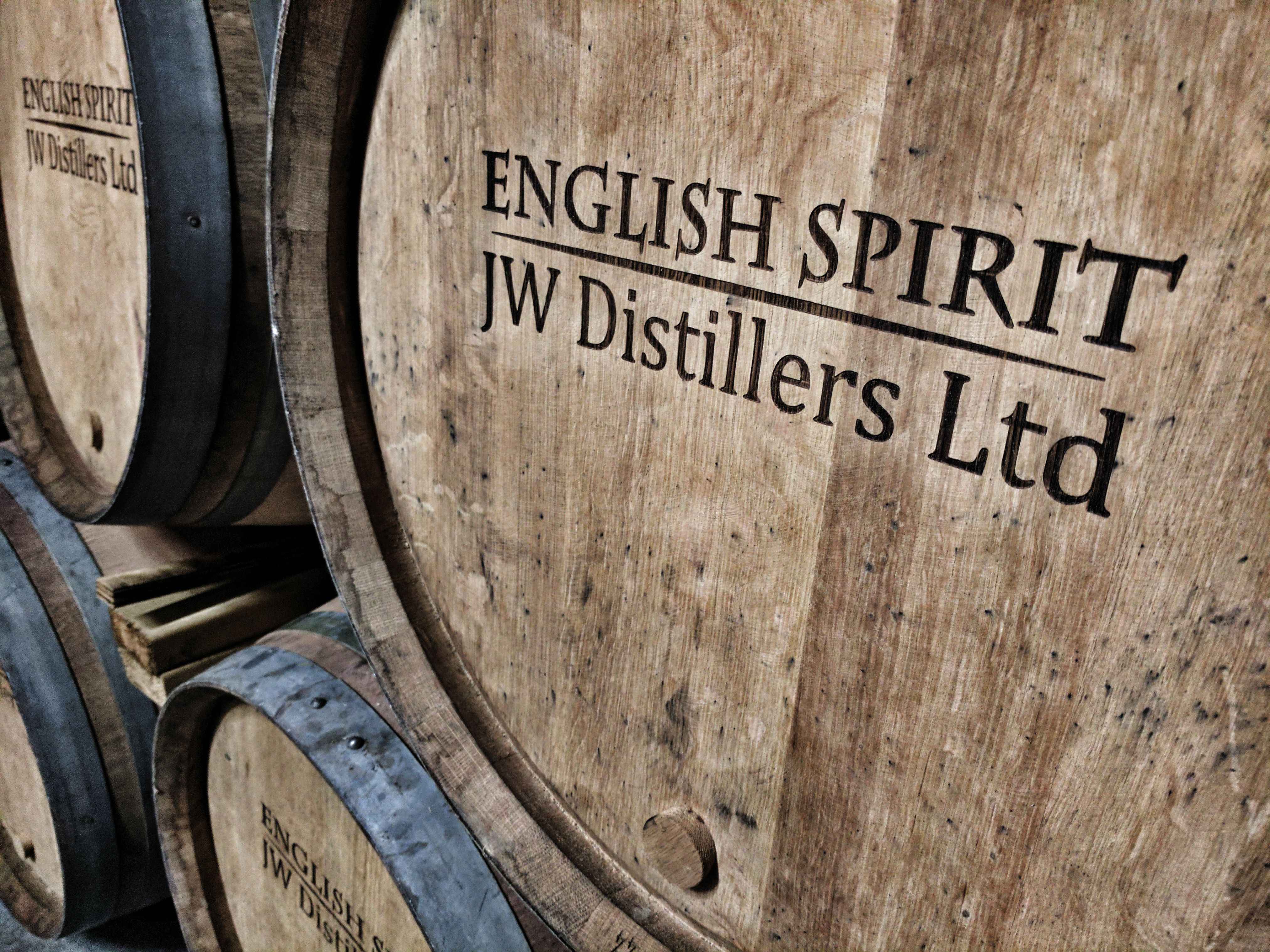
Emma Hughes lives in London and has spent the past 15 years writing for publications including the Guardian, the Telegraph, the Evening Standard, Waitrose Food, British Vogue and Condé Nast Traveller. Currently Country Life's Acting Assistant Features Editor and its London Life restaurant columnist, if she isn't tapping away at a keyboard she's probably taking something out of the oven (or eating it).
